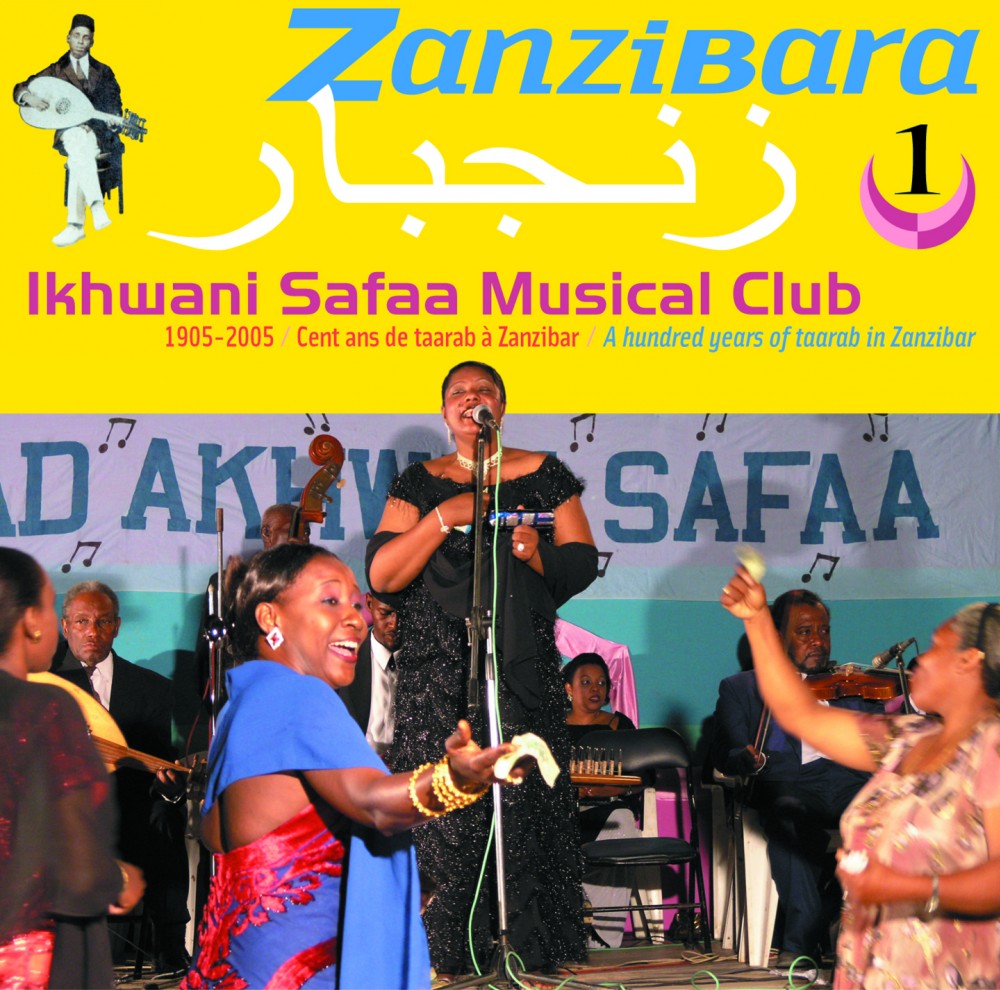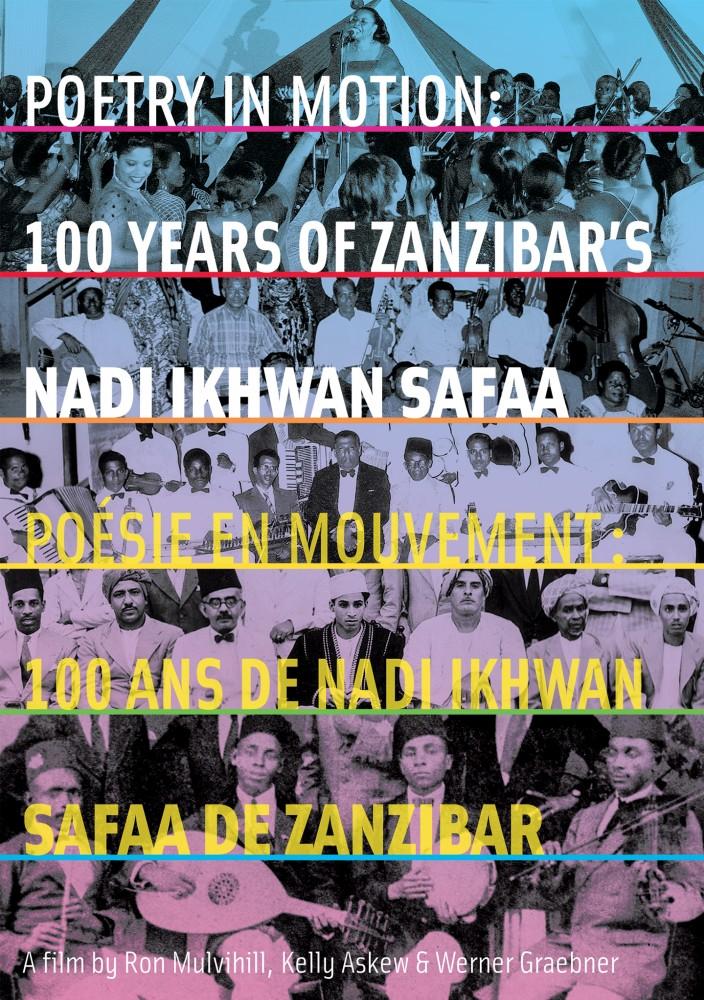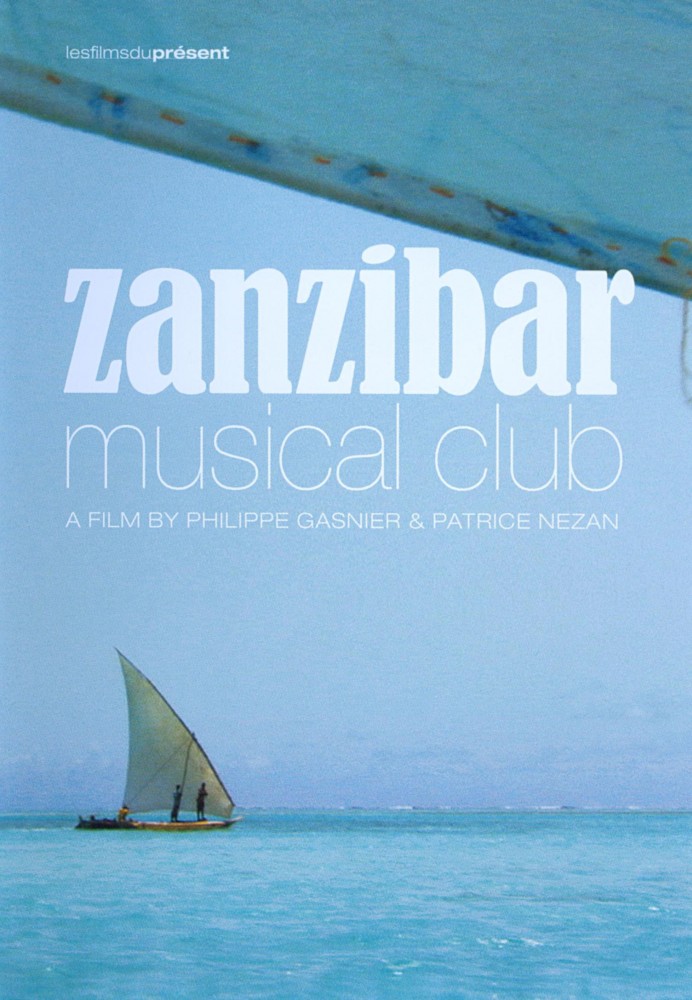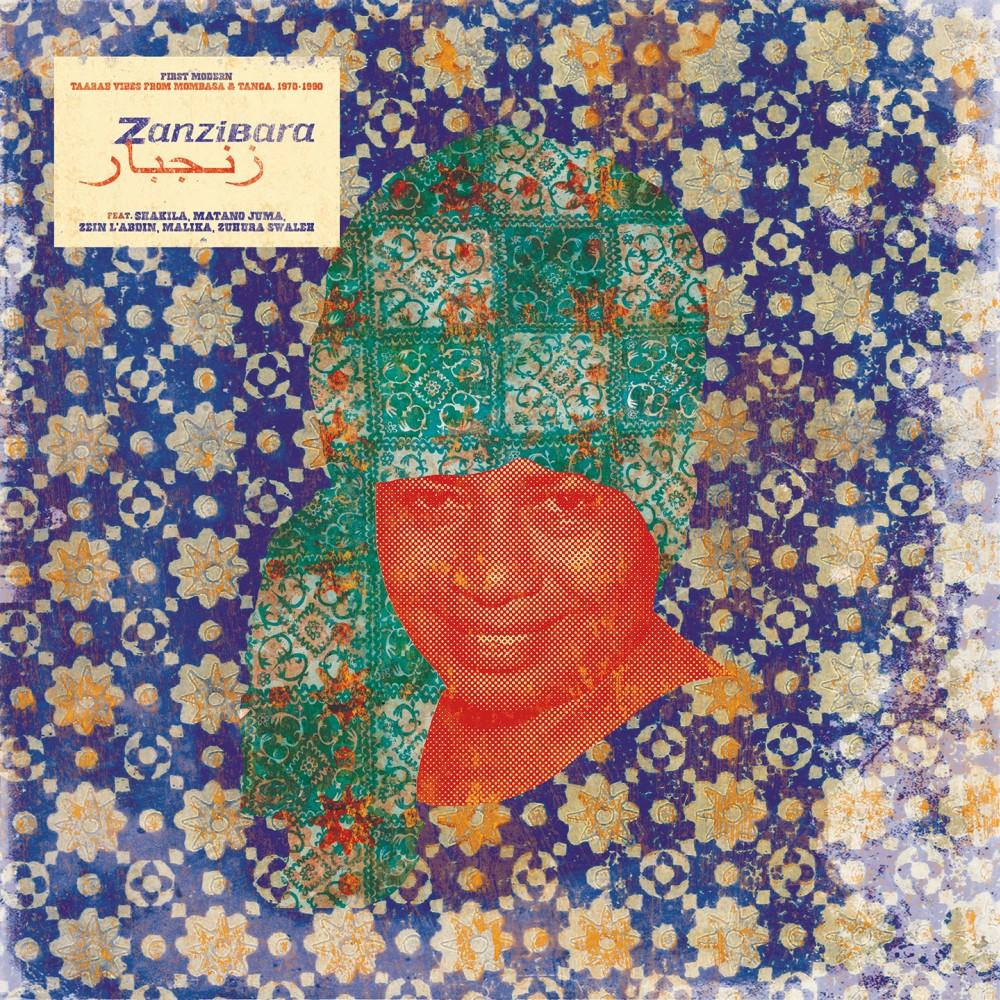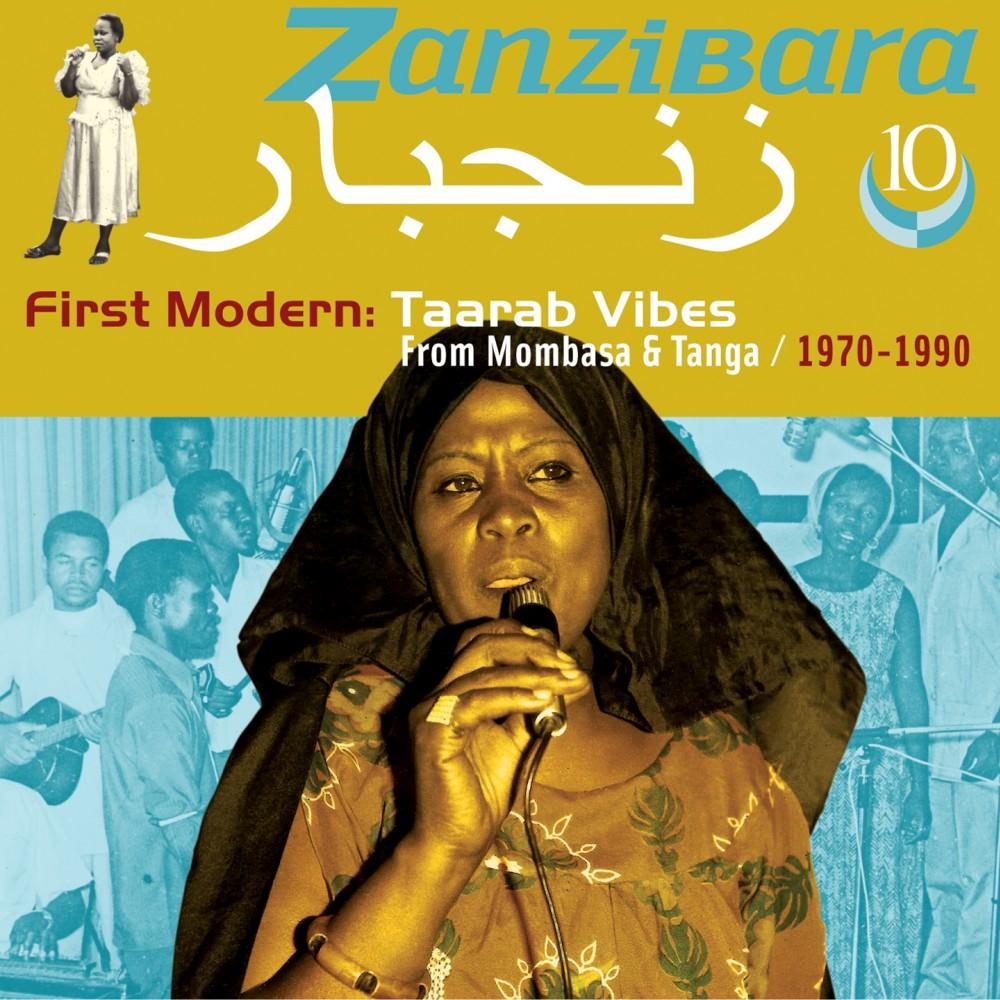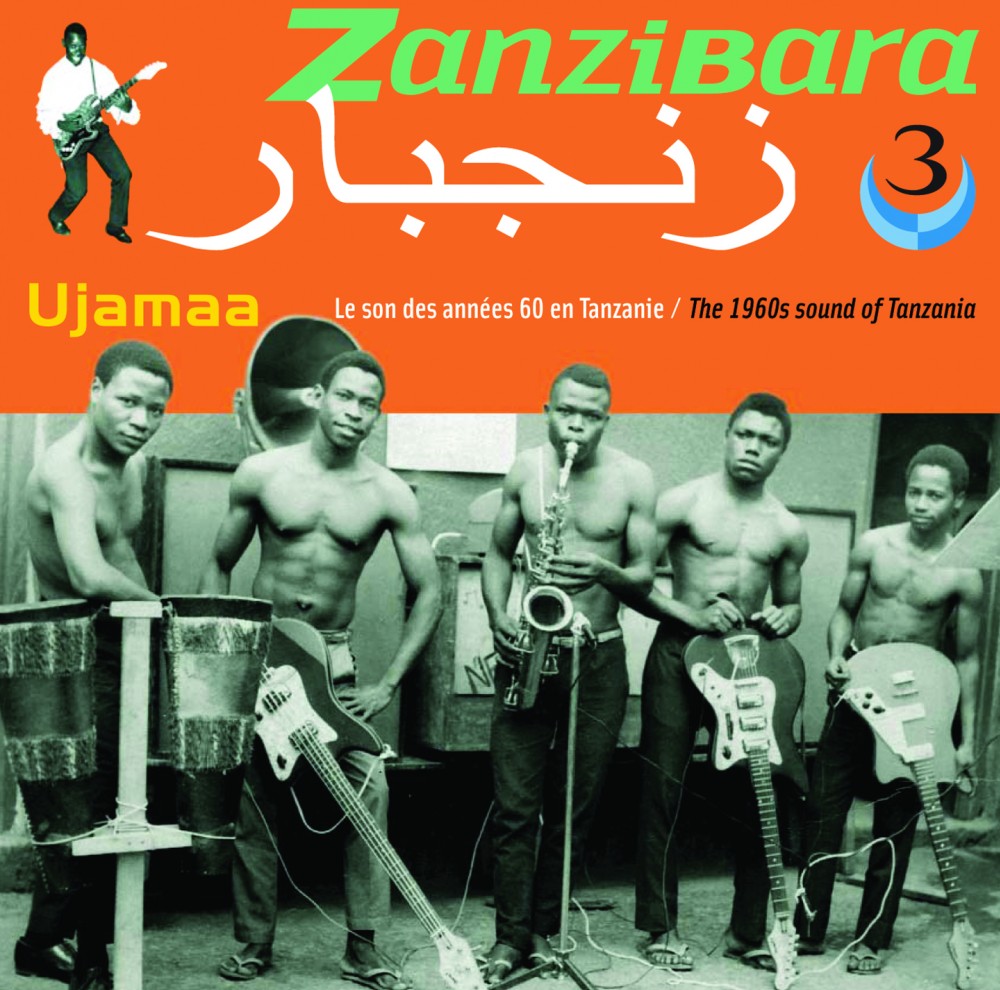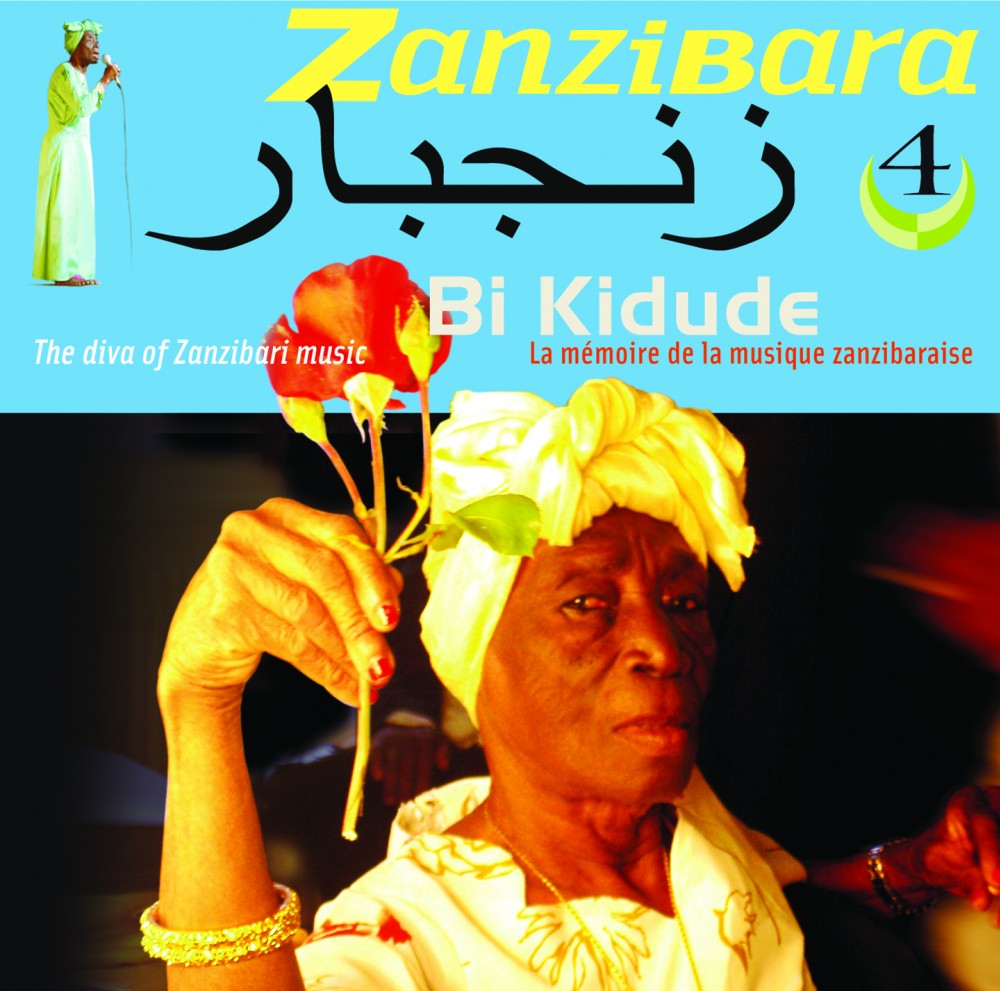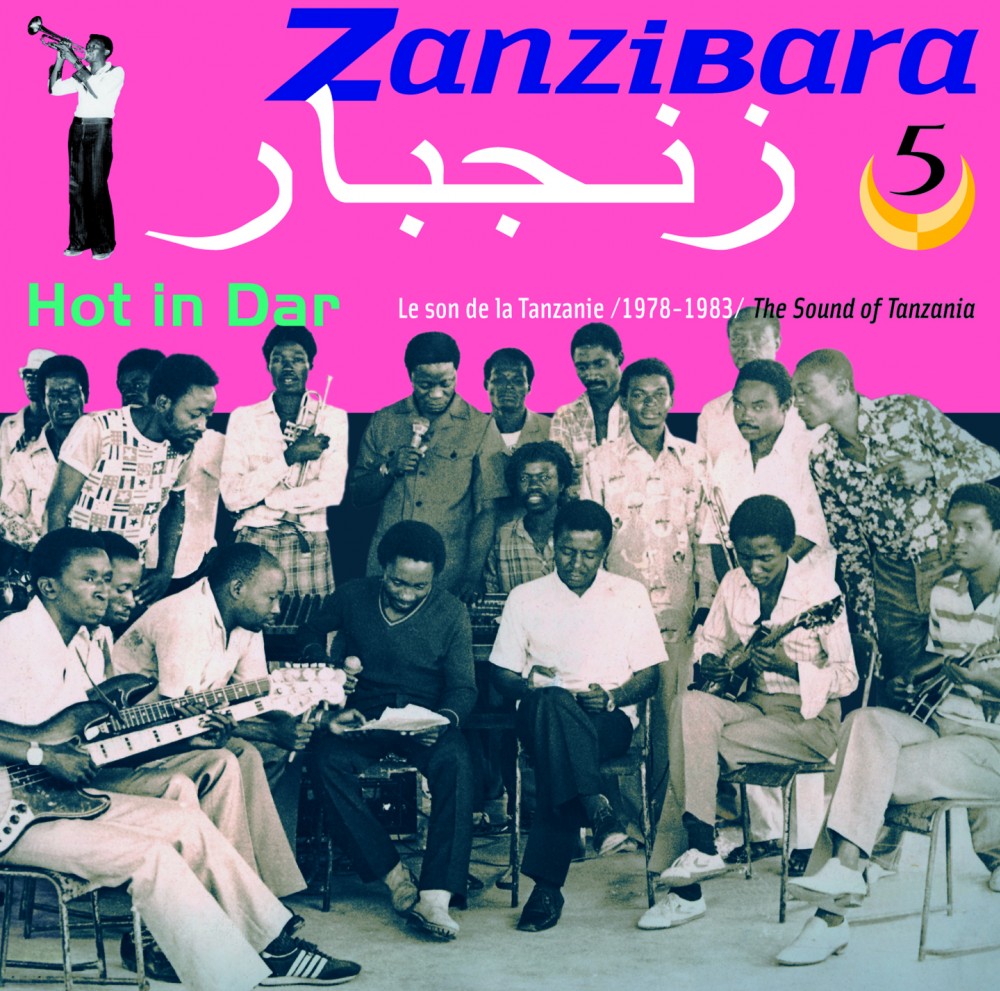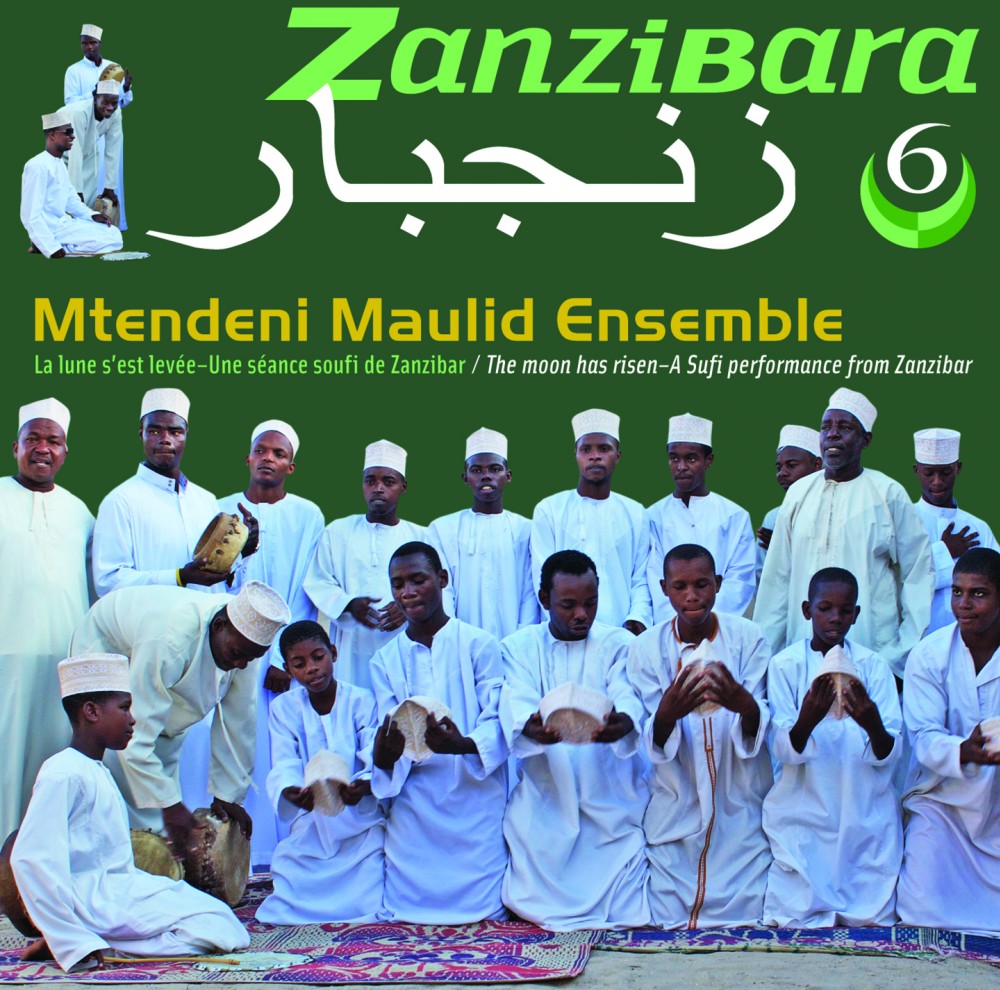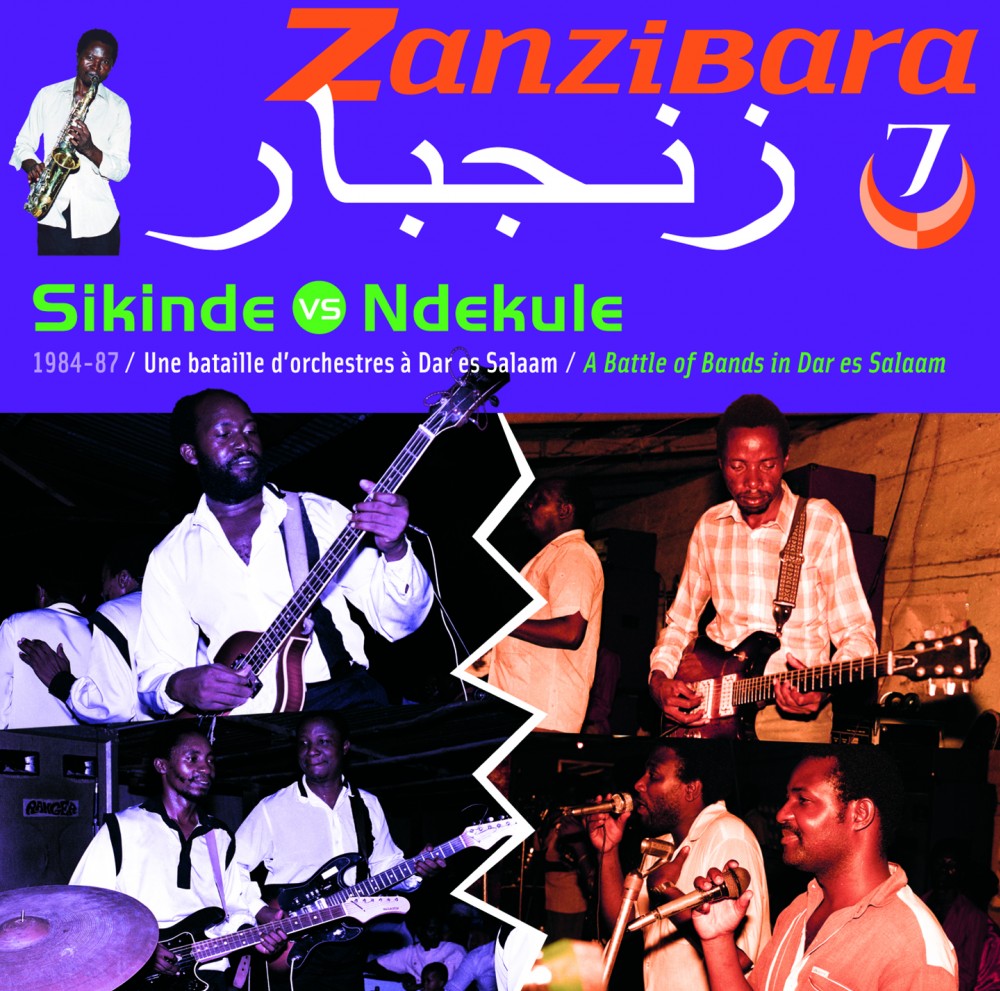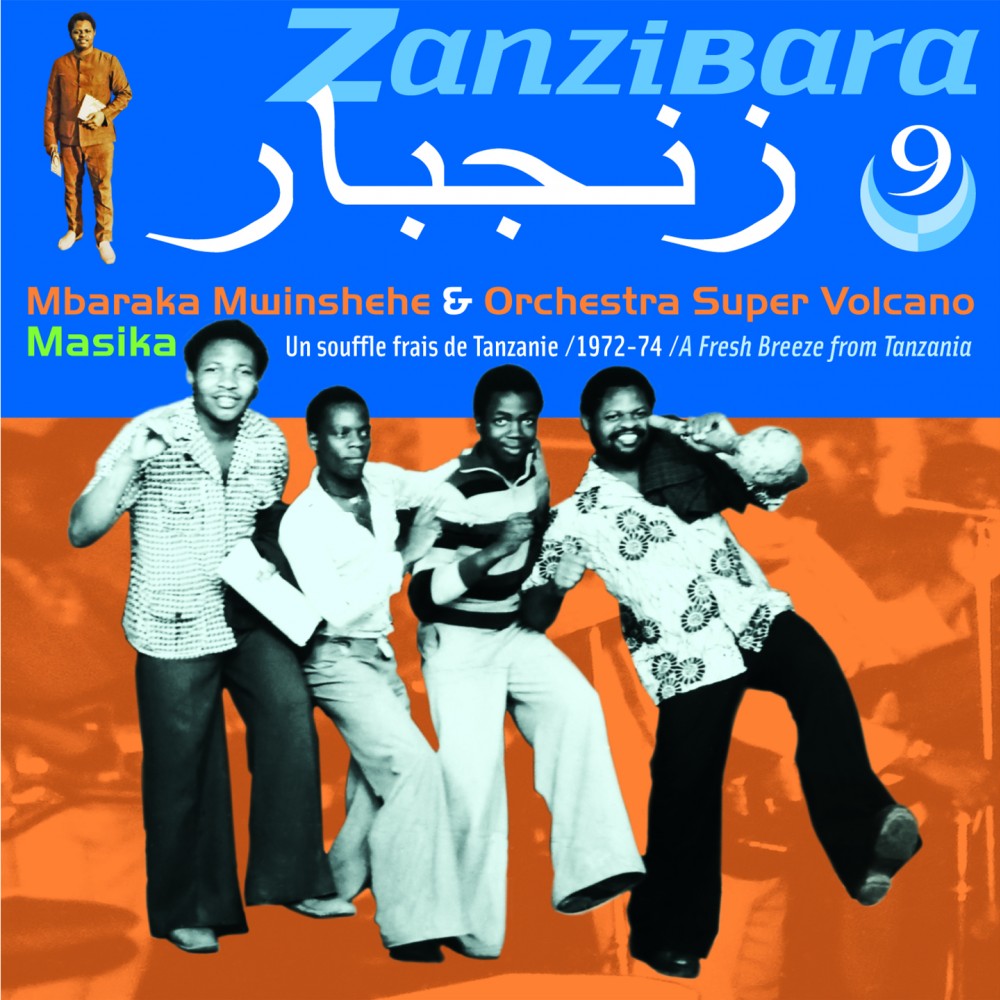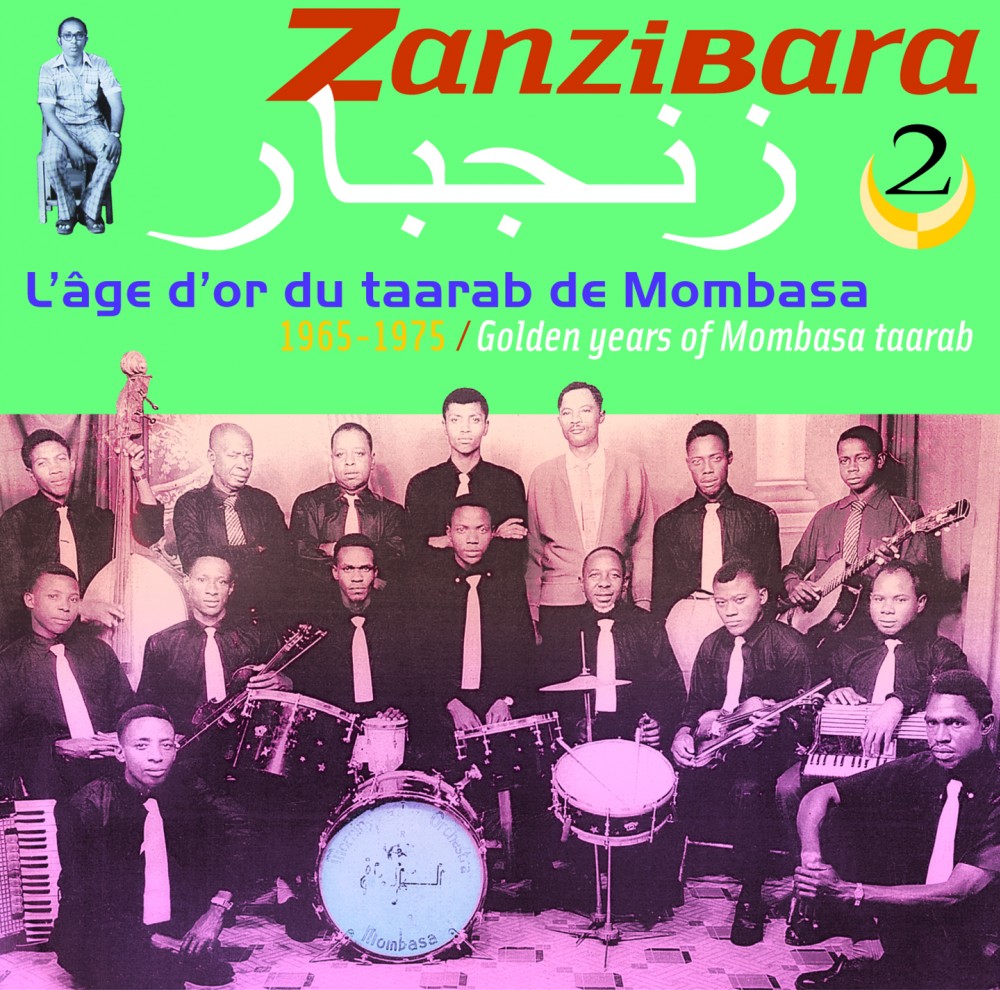Orchestre Maquis du Zaire & Orchestre Safari Sound (1982-1986):
With a population just shy of one million in 1980, Dar es Salaam was still the “haven of peace” alluded to in its name: Two decades of Ujamaa austerity politics, the breakdown of the East African community and border closure to Kenya, the costs of the 1979 war against Idi Amin in Uganda, had severely set back the country. Yet come night and Dar es Salaam excelled with an extremely vibrant live music scene, highlighting 20+ professional bands circulating through the city’s night clubs; playing what is called in Swahili muziki wa dansi.
The 1960s and 1970s moreover had seen the influx of a number of bands from neighboring Congo-Zaire. Typically contracted by some of the upmarket clubs and hotels in Dar es Salaam and Arusha for a limited time, some of the individual musicians and bands stayed on, among those the musicians of the future Orchestre Maquis and Orchestre Safari Sound.
Like other privately-run bands the Congolese would soon run into difficulties sustaining their act by performing on hire for local bar owners: While Maquis was extremely successful with their Kamanyola Bila Jasho dance style (‘dance Kamanyola without sweating’) in the late 1970s, their expatriate status and the changing economy led them to make a virtue out of necessity, buying into the Ujamaa socialist ethic by acquiring land just outside of Dar es Salam, selling agricultural produce in the Kariakoo market and incorporating as OMACO (Orchestre Maquis Company). In the same period Ndala Kasheba and other members of Safaris Nkoy merged into the newly formed Orchestre Safari Sound (OSS), set up by Hugo Kisima, a local building contractor and owner of the Safari Resort in Kimara just outside of Dar es Saalam. In the concert of the state or para-statal bands mentioned above, these two privately-run bands were the only significant contenders for the top spot in the Dar es Salaam night-club circuit of the time.
Tracklist:
Orchestre Maquis: Seya; DoubleDouble; Karabandika; Nasononeka; Maria Nyerere.
Orchestre Safari Sound: Durria Msongamano; Mwanakwetu; Burhani Mlanzi; Marashi ya Pemba; Garba.
